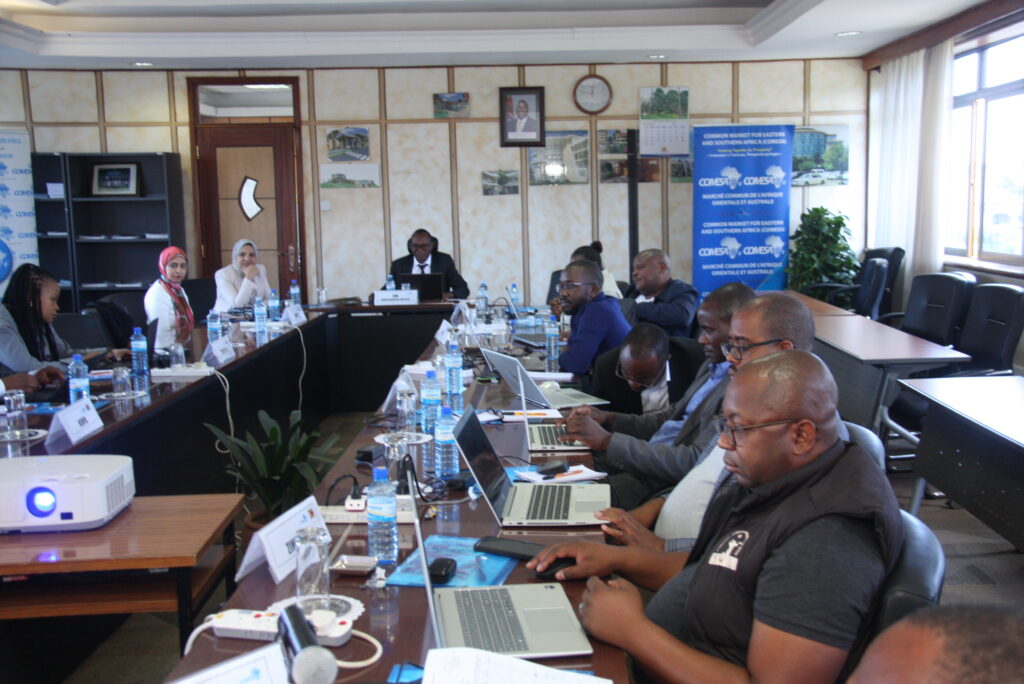
Central banks in the region have been urged to adopt the use of the Basel III Post Crisis reforms to strengthen resilience and stability of member countries financial systems. since
COMESA Monetary Institute (CMI) Director Dr Lucas Njoroge made the call, given the vulnerability of the region’s economies to the external shocks – such as commodity price fluctuations, exchange rate volatility and geopolitical tensions, these reforms can serve as a crucial buffer reducing the likelihood of banking crises.
The Basel III Post Crisis reforms introduce more stringent capital requirements, liquidity standards and risk management practices. These can help the banks absorb economic shocks better, mitigate systematic risks and improve investor confidence.
He, however, observed that the implementation must be carefully adjusted to local conditions as overly rigid requirements could strain credit growth and financial inclusion.
Dr Njoroge made these remarks during the training of delegates from eight central banks drawn from Egypt, Eswatini, Kenya, Malawi, Rwanda, Uganda, Zambia and Zimbabwe on the COMESA Region’s preparedness for Basel III Post-Crisis Reforms and Implications on Financial Stability held 9-13 June in Nairobi, Kenya.
“We have noted that there has been a slow adoption of Basel III standards in the region. Most MS are still on Basel II. However, these standards can be used to enhance supervisory policies and ensure financial system stability and hopefully encourage adaptation of the standards in the region,” Dr Njoroge added.
At the end of the training, participants shared experiences and learnt how to incorporate Basel III Post Crisis Reforms in the calculations of the various Basel III’s Capital and Liquidity ratios among other lessons.

